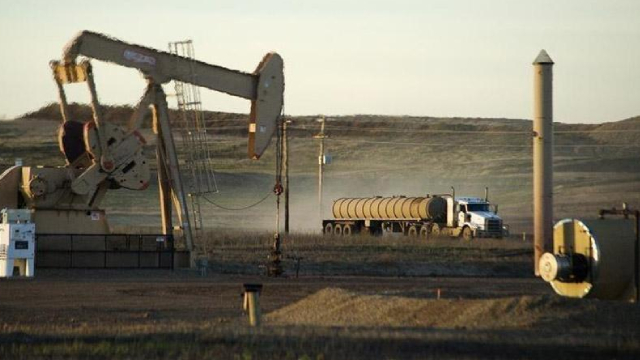Aurora Innovation’s Pursuit of Commercializing Driverless Trucks
Uncertain Revenue Ramp-Up
Aurora Innovation made headlines with their announcement of pursuing the commercialization of driverless trucks, starting with a Dallas to Houston lane launch in April. This move represents a significant leap forward in the realm of autonomous vehicles, promising greater efficiency and safety on our roads. However, the reality is that Aurora faces years of uncertain revenue ramp-up as they navigate the complexities of this emerging market.
Despite making significant advancements in autonomous technology, the company still requires heavy investments to bring their vision to life. In fact, Aurora burned through $645 million in cash last year alone, underscoring the immense financial challenges they face. With a market cap of $16.5 billion, Aurora’s valuation is indeed extreme, especially considering the limited revenue expected in the near term.
Challenges Ahead
One of the biggest obstacles for Aurora is achieving a positive gross profit margin, which is not anticipated until 2026. This prolonged timeline highlights the long road ahead for the company as they strive to turn their ambitious plans into a sustainable and profitable reality. The path to commercializing driverless trucks is fraught with uncertainty, and Aurora must navigate a rapidly evolving landscape filled with regulatory hurdles, technological complexities, and fierce competition.
Impact on Individuals
For individuals, the commercialization of driverless trucks by Aurora Innovation could potentially revolutionize the way we think about transportation. With autonomous vehicles on the roads, commuters may experience safer and more efficient journeys, while truck drivers may face the possibility of job displacement. It is essential for individuals to stay informed about these developments and adapt to the changing landscape of transportation technology.
Global Implications
On a global scale, the commercialization of driverless trucks has the potential to reshape industries, supply chains, and economies. Autonomous vehicles could enhance logistics efficiency, reduce transportation costs, and minimize carbon emissions, leading to a more sustainable and interconnected world. However, the widespread adoption of driverless trucks also raises concerns about job displacement, regulatory challenges, and ethical implications that must be carefully addressed on a global scale.
Conclusion
In conclusion, Aurora Innovation’s pursuit of commercializing driverless trucks represents a groundbreaking step towards a future where autonomous vehicles play a central role in transportation. While the company faces significant financial challenges and years of uncertain revenue ramp-up, the potential benefits of this technology are vast. It is crucial for individuals and the world at large to closely monitor these developments, adapt to the changing landscape, and engage in dialogue to shape the future of autonomous transportation in a responsible and sustainable manner.





